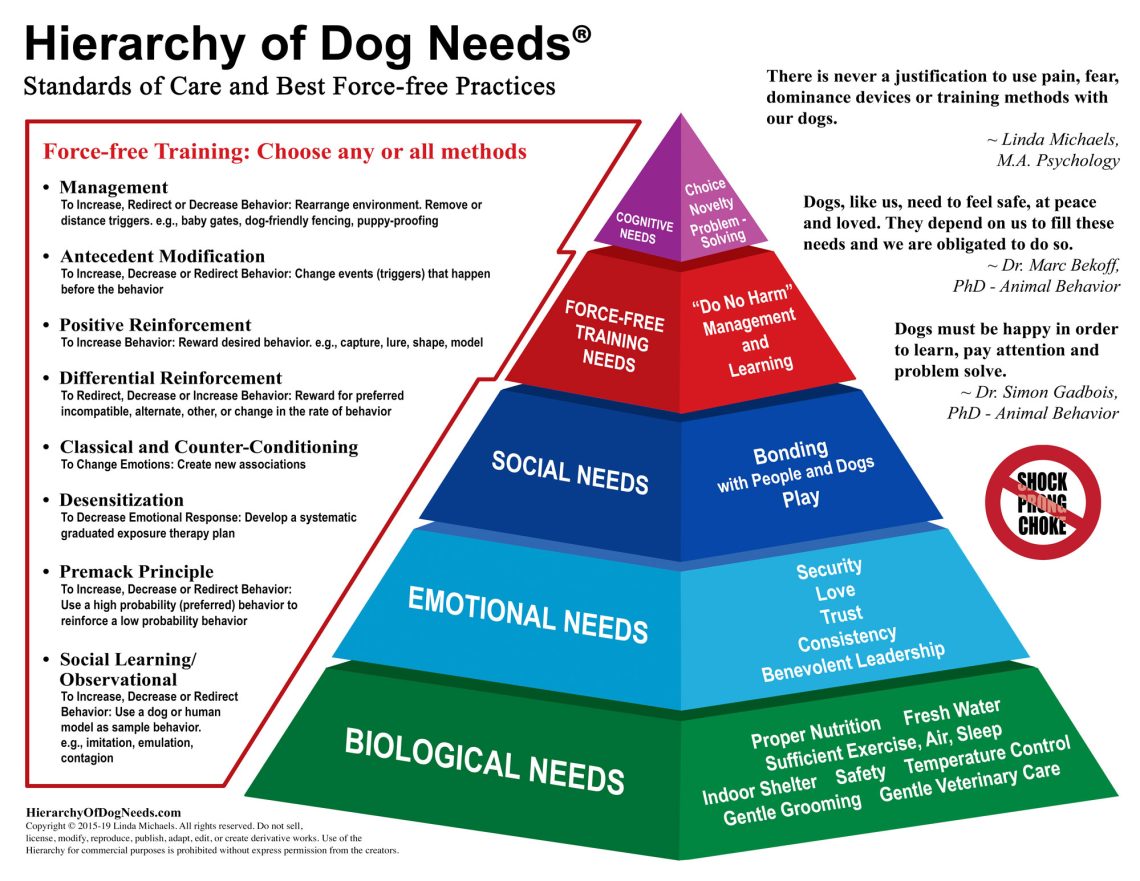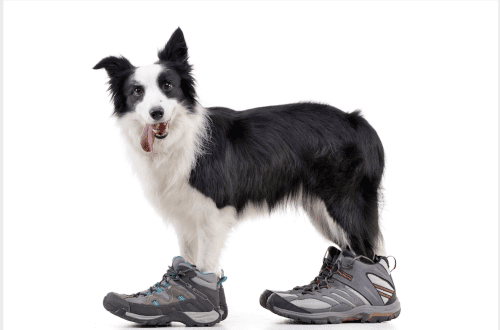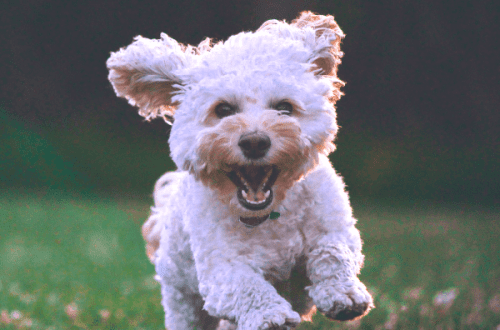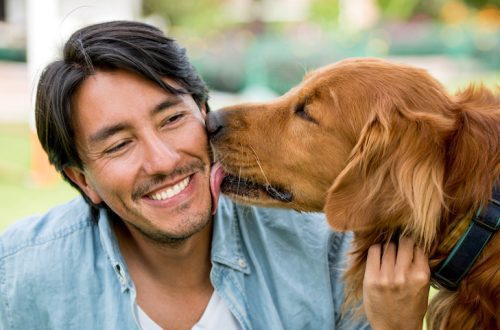
Како се формира хијерархијски статус код паса
Доминација in dogs – not such a simple and unambiguous thing as it might seem at first glance. For example, if we are dealing with a non-linear хијерархија (and it is built in most groups of social animals, including dogs), it is sometimes very difficult to determine the hierarchical status of each member of the pack, because, moreover, it can change.
Фото: пикабаи.цом
Садржај
What affects hierarchical status?
- старост. Scientists have come to the conclusion that a stable hierarchy is formed with the onset of puberty. After all, before this period, animals grow, which means that their behavior and they themselves change.
- Resource Significance. The motivation to compete for different resources varies from dog to dog. And, therefore, the hierarchical order can also change. The history of relationships is also important: dogs living together perfectly remember which resource is of great importance for whom and who will compete more actively for what. This means that you can decide whether the game is worth the candle or whether it is easier to give in to a lower-ranking member of the pack who desperately wants that particular toy. As a result, the hierarchy can be different for each resource.
- Distribution of roles and alliances. For example, there is a concept that there is a “leader” and a “leader” in a pack, and these are different roles. The leader is responsible for maintaining discipline, and the leader is responsible for finding solutions, since he is the one who has the necessary experience. Animals that unite and form an alliance can win more often than if they compete with others alone. There are still adjutants who feel safe being inside the individual distance of the dominant, where competitors with a higher rank cannot go.
- Ситуација. For example, there is such a thing as dominance inversion – situational dominance in the context of sexual or parental behavior. No one dares to compete with a mother with cubs, even if this mother in ordinary life has a low rank. After all, during the rearing of the cubs, the mother becomes more aggressive and more persistent due to changes in the hormonal background. And contacting her is more expensive.
Does the order of succession depend on hierarchical status?
The answer to this question is: no, most often it does not. For example, in predators, when a group moves, the hierarchical status has little effect on the order of movement. Yes, in a critical situation, higher ranked animals can lead the way, but in a normal situation it doesn’t matter much, and very often lower ranked animals get ahead. And, for example, when a group of wolves is walking, curious teenagers most often rush forward.
So, for example, such a burning question for many dog owners, who should be the first to go through the door, you or the dog, has absolutely nothing to do with hierarchical status and “dominance”.
Фото: пикабаи.цом
How does hierarchical status affect competition for food?
Competition for food depends on the size of the group and the scarcity of the resource, as well as the type of food. For example, if wolves are kept in captivity and limited in food, competition will be much higher than in natural conditions, where, even with a decrease in the number of elk or deer, they can mouse, that is, find another source of food. Moreover, even if there is competition for large pieces of prey, then there may not be any competition for mice at all.
Another important thing is the taboo on the area around the mouth of wolves. For example, if an animal, albeit with the lowest rank, has caught, say, a bird or the same mouse, it can calmly pass by the leader, holding the prey in its mouth, and even the most notorious dominant will not encroach on this piece.
However, if an animal with a lower rank has grabbed a large piece that does not fit in the mouth and gnaws it while lying down, then a higher-ranking individual may well try to take possession of this prey.
And in this sense, dogs are like wolves.
So, if a dog grabs a stinky piece of nastiness on the street and you try to get it out of his mouth, and he snaps, this has nothing to do with dominance. It’s just a matter of learning, nothing more, nothing less.





